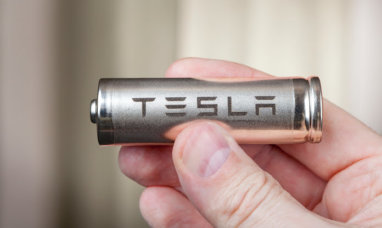On Tuesday, the Chinese biotechnology company I-Mab (NASDAQ:IMAB) said that its U.S. partner AbbVie (ABBV) will stop conducting a phase 1b trial investigating a combination treatment for two different forms of cancer that included its anti-CD47 antibody therapy lemzoparlimab.
After hours, there was not much of a movement in the price of I-Mab (NASDAQ:IMAB) shares listed in the United States.
In the early-stage phase b research, patients with myelodysplastic syndrome and acute myelocytic leukemia were given a combination therapy that included IMAB’s lemzoparlimab and ABBV’s venetoclax and azacitidine. This medication was being tested as a potential treatment for these conditions.
After hours, IMAB said in a statement with the United States Securities and Exchange Commission that “the decision (to halt the study) was not based on any unique or unforeseen safety concerns.”
AbbVie and IMAB Partnership Agreement
In September 2020, IMAB and Abbvie signed a licensing and partnership agreement to develop lemzoparlimab. As part of this agreement, phase 1b research was conducted.
On Tuesday, IMAB (NASDAQ:IMAB) announced that the parties would continue to collaborate on the global development of the anti-CD47 therapy and that it would be eligible to get up to $1.295 billion in milestone payments from Abbvie. IMAB stated that ABBV would be eligible to get up to $1.295 billion in milestone payments from IMAB.
The biotech company Zai Lab, located in Hong Kong, said a week ago that it will downgrade the priority of its CD47 inhibitor ZL-1201 for internal research.
I-Mab (NASDAQ:IMAB) previously announced that the first patient in China has been treated with its TJ-CD4B in Phase 1 international multi-center clinical research for patients with solid tumors. This trial is for patients with cancers such as gastric cancer and gastroesophageal junction carcinoma.
TJ-CD4B can produce a tumor-killing impact by binding to Claudin 18.2-expressing cancer cells and the co-stimulatory protein 4-1BB on T cells.
For treating gastric cancer, including cancer of the gastroesophageal junction, the Orphan Drug Designation was bestowed upon TJ-CD4B by the Food and Drug Administration of the United States in March.
Featured Image: Megapixl @Avictorero
















